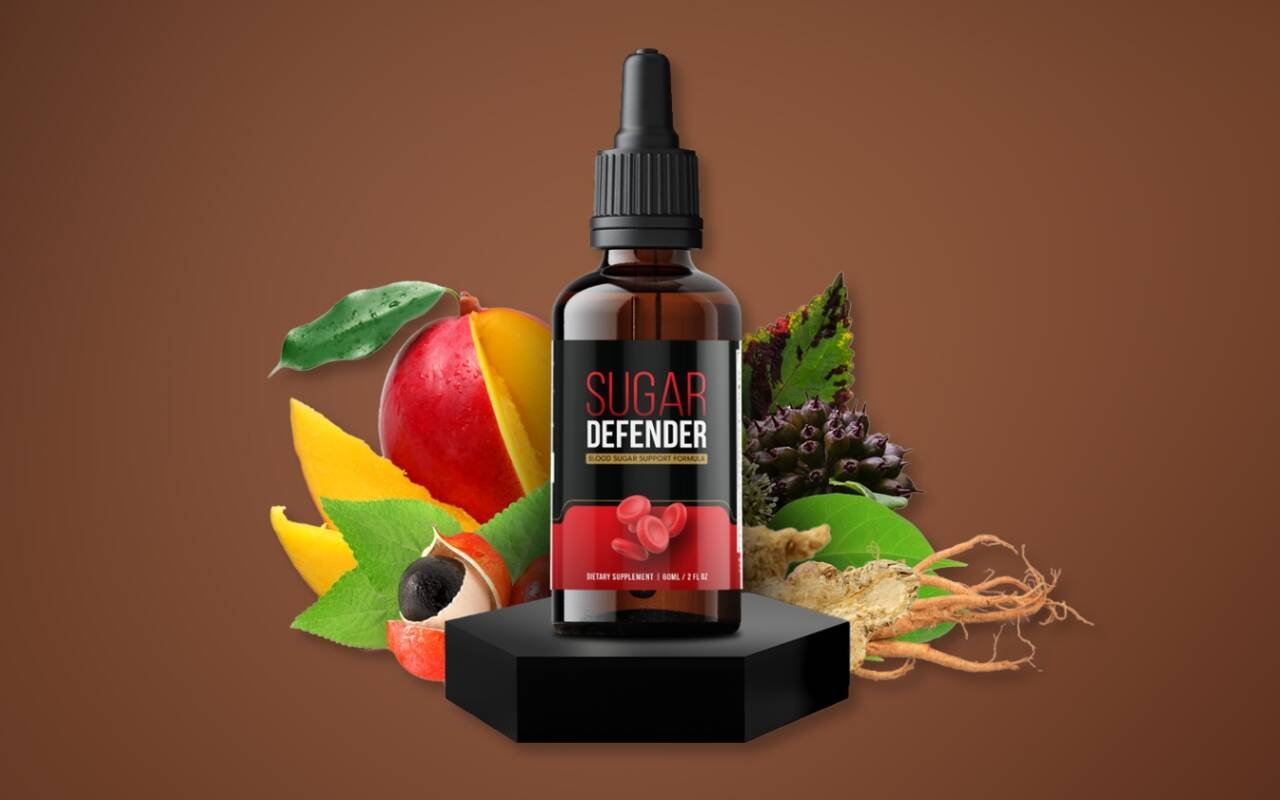What is the Problem with Excess Sugar?
Sugar, especially refined sugars, have become a major contributor to modern-day health issues. When consumed in large amounts, sugar can lead to a variety of problems, including:- Weight Gain: Excess sugar is converted into fat in the body, contributing to weight gain and obesity.
- Increased Risk of Diabetes: Consuming too much sugar can lead to insulin resistance, a key factor in the development of type 2 diabetes.
- Heart Disease: High sugar intake has been linked to an increased risk of heart disease, as it can lead to high blood pressure and unhealthy blood fats.
- Tooth Decay: Sugar feeds harmful bacteria in your mouth, leading to cavities and other dental issues.
Becoming a Sugar Defender: How to Cut Back on Sugar
1. Read Nutrition Labels Carefully
Many processed foods and drinks contain hidden sugars, even in products you might not expect. Always check the nutrition label for added sugars. Look for terms like “high fructose corn syrup,” “honey,” “molasses,” and “agave nectar,” which all indicate sugar content.2. Choose Whole Foods Over Processed Foods
Whole foods such as fruits, vegetables, nuts, and whole grains naturally contain lower levels of sugar and are rich in fiber and nutrients that help regulate blood sugar levels. Avoid packaged foods that contain added sugars and artificial sweeteners.3. Swap Sugary Beverages for Healthier Alternatives
Sodas, energy drinks, and even some juices are loaded with sugar. Instead of reaching for sugary beverages, try water, unsweetened tea, or sparkling water with a splash of lemon. These are refreshing, hydrating, and free from the excess sugar that can harm your health.4. Opt for Natural Sweeteners
If you’re craving something sweet, consider using natural sweeteners like stevia, monk fruit, or raw honey in moderation. These alternatives have a lower glycemic index and are less likely to cause a spike in blood sugar levels.5. Limit Desserts and Snacks with Added Sugar
Desserts like cakes, cookies, and candies are often packed with refined sugars. While it’s okay to enjoy sweets occasionally, try to limit your intake and opt for healthier snacks like fresh fruit or yogurt with a small drizzle of honey.Why Sugar Substitutes Aren’t Always the Answer
Sugar substitutes such as artificial sweeteners might seem like a good alternative to sugar, but they come with their own set of concerns. Some studies suggest that artificial sweeteners may disrupt metabolism and lead to increased cravings for sweet foods. Additionally, consuming large amounts of these substitutes may have unknown long-term effects on health. It’s essential to be cautious and use them sparingly.How Sugar Affects Your Energy Levels
While sugar provides a quick energy boost, it often leads to an energy crash shortly after. This “sugar crash” can leave you feeling sluggish, irritable, and tired. By reducing your sugar intake, you can stabilize your energy levels throughout the day and avoid the highs and lows that come with sugar consumption.Stay Active: Exercise to Fight Sugar’s Effects
Exercise is one of the most effective ways to mitigate the negative effects of sugar. Regular physical activity helps regulate blood sugar levels, promotes healthy metabolism, and reduces the risk of developing diseases related to excessive sugar consumption. Aim for at least 30 minutes of moderate exercise most days of the week to protect your health.Balance is Key: How Much Sugar Should You Eat?
The American Heart Association recommends limiting added sugar intake to no more than 6 teaspoons (25 grams) per day for women and 9 teaspoons (38 grams) per day for men. These guidelines can help you maintain a healthy balance, reducing the risk of sugar-related health issues while still allowing you to enjoy the occasional treat.Final Thoughts: Be Your Own Sugar Defender
By becoming a Sugar Defender, you can take charge of your health and make choices that protect your body from the dangers of excess sugar. Remember, it’s not about completely eliminating sugar from your diet, but rather about making smarter choices and being mindful of how much sugar you’re consuming. Small changes in your daily habits can lead to a big improvement in your overall health and well-being.Take Action Today: Start by reading food labels more carefully, swapping out sugary drinks for healthier options, and incorporating more whole foods into your meals. With these simple steps, you can confidently protect yourself from the dangers of excess sugar and become your own Sugar Defender. For more information on maintaining a healthy lifestyle and protecting your health, visit our YouTube channel for additional tips and insights: https://www.youtube.com/watch?v=tYTdWhSfh7Q.
